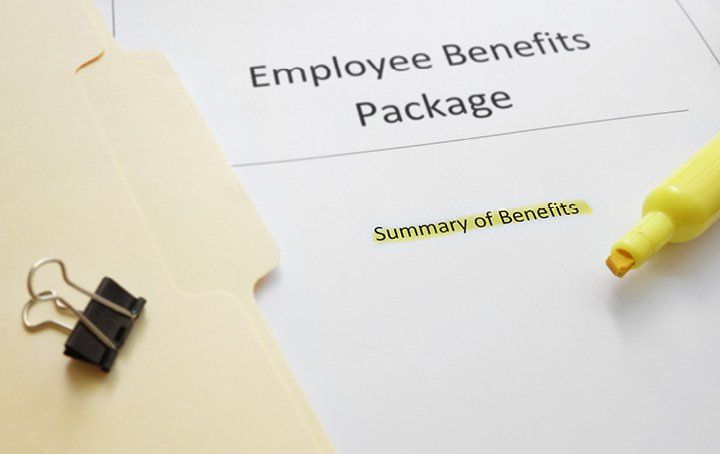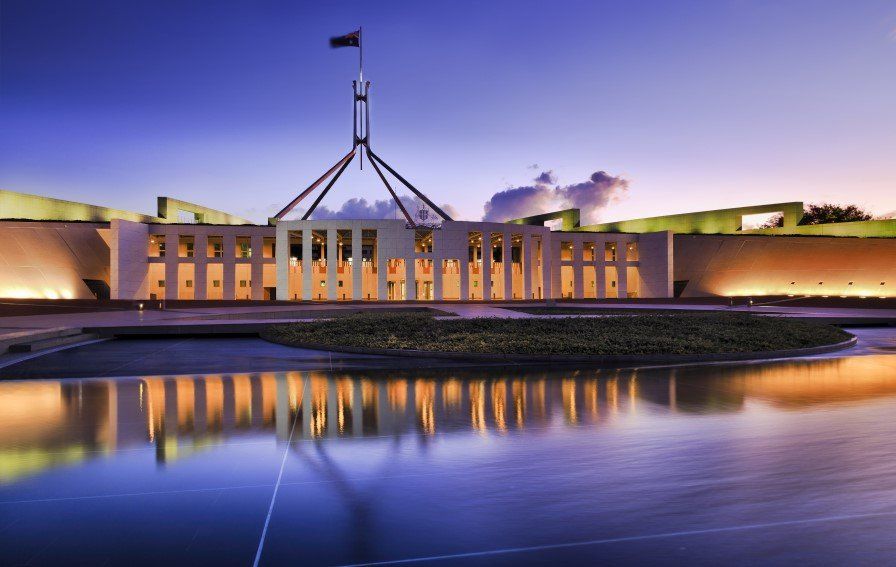Support for flood ravaged areas

The recent devastating flooding in South East Queensland and parts of NSW has left many people homeless, caused vast amounts of property damage and has sadly led to loss of life. While the clean up effort slowly begins in many areas, there is immediate financial help available for those affected, including the Disaster Recovery Payment and Disaster Recovery Allowance. Flood impacted small businesses will receive an automatic lodgment deferral and can apply to have a refund of previously paid PAYG instalments. Any GST refunds will also be “fast-tracked”.
The recent month has seen parts of Queensland and NSW inundated with Biblical amounts of rain and associated flooding, causing untold damage and loss of life. While these floods have finally been declared a national emergency by the Federal government, thus allowing it to intervene and deploy resources, details including the scale and type of funding as well as the mechanism for distribution have not been forthcoming.
As with previous disasters, those that need immediate help can apply for the Australian Government Disaster Recovery Payment. This is a one-off financial assistance of $1,000 per eligible adult and $400 for each eligible child under 16. This includes Australian resident individuals in various local government areas who have been seriously injured, lost their homes, have had their homes/major assets directly damaged, or those who have lost immediate family members as a direct result of the floods. This payment is also available to eligible New Zealand visa holders (Subclass 444) who have been affected by the floods.
In addition to the lump sum Disaster Recovery Payment, Australian residents and eligible New Zealand visa holders may also be eligible to apply for the Disaster Recovery Allowance. This is a short-term payment for a maximum of 13 weeks. Eligible individuals will need to be 16 years or over, have lost income as a direct result of the storms/floods, and earn less than the average Australian Weekly income (currently $1,737.10 per week) in the weeks after the income loss.
Those that earn more than $1,737.10 per week will have their payment reduced to nil and those already receiving income support payments such as the pension, parental leave pay, and ABSTUDY will not qualify for the Disaster Recovery Allowance.
Individuals that qualify for the Disaster Recovery Allowance will receive the equivalent of the maximum JobSeeker or Youth Allowance payment depending on their personal circumstances (ie single, partnered, with children, living at the parental home, or requiring long term support). Both the Disaster Recovery Payment and the Disaster Recovery Allowance can be applied for through MyGov and Services Australia.
Small businesses affected by the floods in parts of Queensland and NSW will have more time to lodge their business activity statements and instalment notices with an original due date of 28 February 2022 or 21 March 2022. Those taxpayers can lodge relevant returns up until 28 March 2022 without the need for a lodgment deferral. However, taxpayers need to be aware that the payment due date for these lodgments will not change, so general interest charge (GIC) may apply to any payments not made by the original payment date.
To further help flood impacted small businesses with cash flow, a refund of previously paid PAYG instalments can be claimed and any GST refunds “fast-tracked”. Small businesses will also be able to change their GST reporting cycle and vary their PAYG instalments without penalty, provided reasonable care is taken. Any flood affected small businesses that are unable to meet their lodgment and payment obligations are encouraged to contact the ATO directly for tailored support.
Need help?
If your small business needs help in deferring your tax obligations due to the floods, we can help liaise with the ATO on your behalf and work out the best plan for your situation. We can also help guide you through these and many other support payments as well as the tax consequences of each.
Email us at Robert Goodman Accountants at reception@rgoodman.com.au . © Copyright 2022 Thomson Reuters. All rights reserved. Brought to you by Robert Goodman Accountants.















